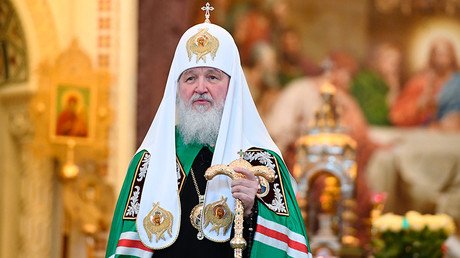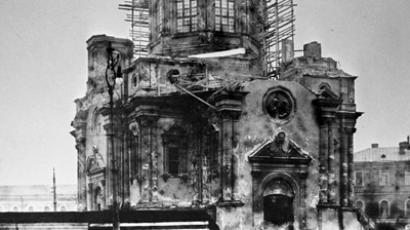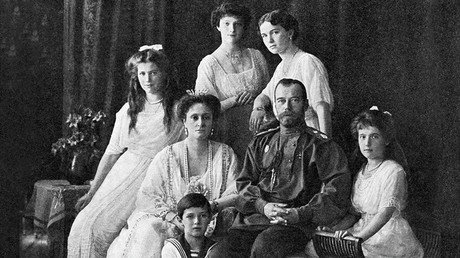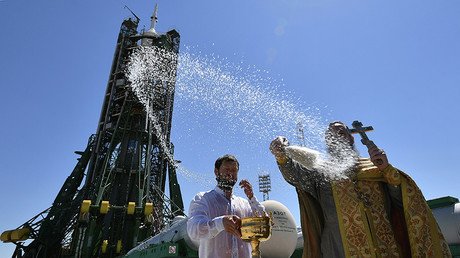Moscow Patriarchate grants greater independence to Ukrainian Orthodox Church
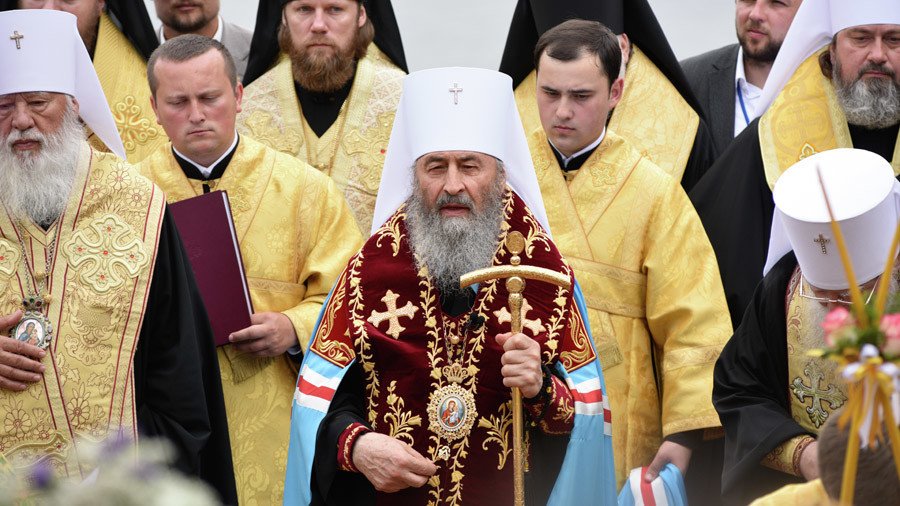
The Congress of Russian Orthodox Bishops has voted to dedicate a separate chapter in the Moscow Patriarchate’s Charter to the Ukrainian Orthodox Church, bringing the document into line with the de facto independence of this branch of the faith.
The press service of the congress reported on Thursday that the Bishops were unanimous in their decision to fulfill the request of the head of the Ukrainian Church, Metropolitan Onufriy. The Church leader asked the Moscow Patriarchate to describe the Ukrainian Orthodox Church in a separate chapter of the Charter and thus reflect the ruling of the 1990 Bishop Congress of the Russian Orthodox Church. The decision granted it full independence and self-governance.
In his speech before the congress the Metropolitan stated that certain political forces in Ukraine had previously attempted to discredit the Ukrainian Orthodox Church in the eyes of the Ukrainian society by speculating about its dependent status and pointing at the contradictions between the decision of the 1990 congress and the Charter of the Russian Orthodox Church.
“Today, to prevent further speculations seeking to undermine the authority of the Ukrainian Orthodox Church in the eyes of millions of Ukrainians I consider it necessary to emphasize the special status of the Ukrainian Orthodox Church and write about it in the Charter of the Russian Orthodox Church,” Onufriy said.
The congress fulfilled the request and also voted to write in the charter that the Ukrainian Orthodox Church is governed from Kiev and that the powers of the Russian Orthodox Church’s common ecclesiastical court will not extend to the Ukrainian territory.
In its statement the press service of the Bishops’ Congress emphasized that the changes “in essence, simply fixed on paper what already existed in real life.”
The Ukrainian Orthodox Church is the largest confession in the country and its representatives consider it to be an heir to the Orthodox Church of the Kievan Rus, the Ukrainian Branch of the Russian Orthodox Church launched in 1920s.
The Church has conflicts with other Christian confessions popular in Ukraine, in particular with the Ukrainian Orthodox Church of the Kievan Patriarchate and the Ukrainian Autocephalous Orthodox Church, whose representatives are accused of aggressive proselytism and attempts to unlawfully occupy houses of worship belonging to the Ukrainian Orthodox Church.
The Ukrainian Orthodox Church has refused to officially support the new Ukrainian government installed after the 2014 violent coup in the country’s capital, Kiev, but its representatives have repeatedly explained this by the principle of non-interference into secular issues.
In his speech before the Congress of Russian Orthodox Bishops, Metropolitan Onufriy again raised the issue of internal conflict in the Ukrainian society. “Some dishonest politicians attempts to artificially light up the fire of mutual strife between orthodox believers in order to earn some political dividends. With love we remind these politicians that we have asked them not to intrude the church with their ideas, even if they see them as the most pure and noble, because the Church lives by the ideas of Crist, not the ideas of ordinary humans,” he said.
